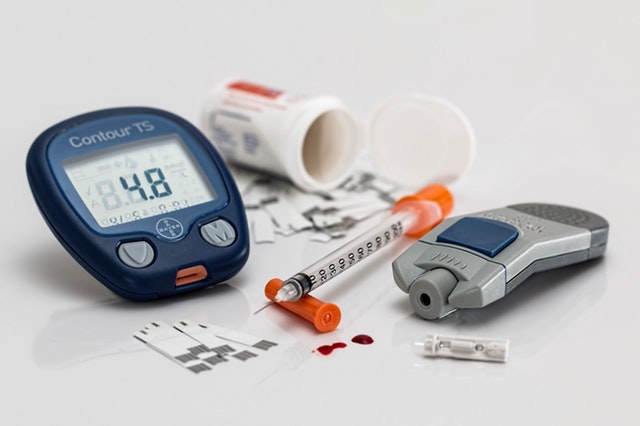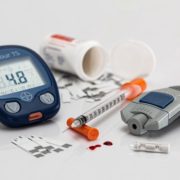Can I Get Life Insurance if I Have Diabetes?

If you’ve been diagnosed with diabetes, you’ve probably always assumed an affordable life insurance policy isn’t an option for you. With over 29 million people in the United States (9.3%) now dealing with such a diagnosis, life insurance carriers have recognized the need for affordable options. Many have developed policies specifically geared towards diabetics, many with no exam required.
Let’s take a look at how your diabetes could affect your ability to obtain a policy and what, specifically, affects your rates.
How Does Diabetes Impact Life Insurance Rates?
As with any life insurance policy, the healthier you are, the lower your insurance costs will be. There are a number of factors that go into determining life insurance with diabetes rates.
- If this is a recent diagnosis, the time to purchase a life policy is now. As time goes on, fluctuating blood sugar levels, as well as blood sugar medications, stand to harm your body.
- Is your diabetes under control? Are you responding well to treatment? What healthy lifestyle changes have you made?
- What type of medications are you currently taking?
While a type I diabetic taking insulin is considered more at risk than a type II diabetic taking oral medications or a diabetic controlling their blood sugar through diet, there are options for everyone. The key is to follow your healthcare provider’s treatment plan and remain diligent in controlling your blood sugar.
What Other Factors Might Influence My Rates?
If you’ve been diagnosed with other health conditions, in addition to diabetes, it could influence your ability to find an affordable life insurance policy.
Influencing health conditions include:
- A history of smoking
- Uncontrolled blood pressure
- Uncontrolled cholesterol
- History of heart disease
- Kidney disease
- Neuropathy, particularly in your extremities
- Vascular disease
- Obesity
What Aspects of My Diagnosis Will Affect My Eligibility and Rates the Most?
If your diabetes is not under control, underwriting will likely deny your application. Underwriting will also consider the following factors:
Your A1c level: Anything below 7.5 is considered good. Some underwriters, however, will accept an A1c level of up to 8.5.
Your fasting blood sugar level: While applicants with blood sugar levels of up to 180 are often considered, 140 and below is viewed as the ideal range. Some insurance companies consider fructosamine levels during the application process. Ideal levels are 1.5-2.5.
Current medications: What medications are you currently taking and how effective are they at controlling your levels? How well are you monitored by your physician?
Age of diagnosis: What age were you diagnosed? The older in life you were diagnosed, the more likely you are to qualify at an affordable rate.
What Can I Do to Get the Best Life Insurance Rates?
Your best bet is to identify insurance carriers that specialize in high risk policies or one that offers “clinical underwriting.” The “clinical underwriting” process looks at the full picture, evaluating your overall health, rather than focusing on specific health risk factors.
There are a number of insurance carriers that offer affordable policies. When you are ready to begin the process, consider working with a reputable insurance agent in your community. They’ve built professional relationships with each carrier. Their experience will offer invaluable insight into which carrier is the best fit for you and your unique situation. Disclose all details of your health history; surprises could lead to higher rates or, in some cases, policy denial. Most importantly, work daily to live a healthy lifestyle and control your blood sugar. Not only will this assist in finding the most affordable rates, it will ensure your life insurance policy isn’t needed in the near future.




